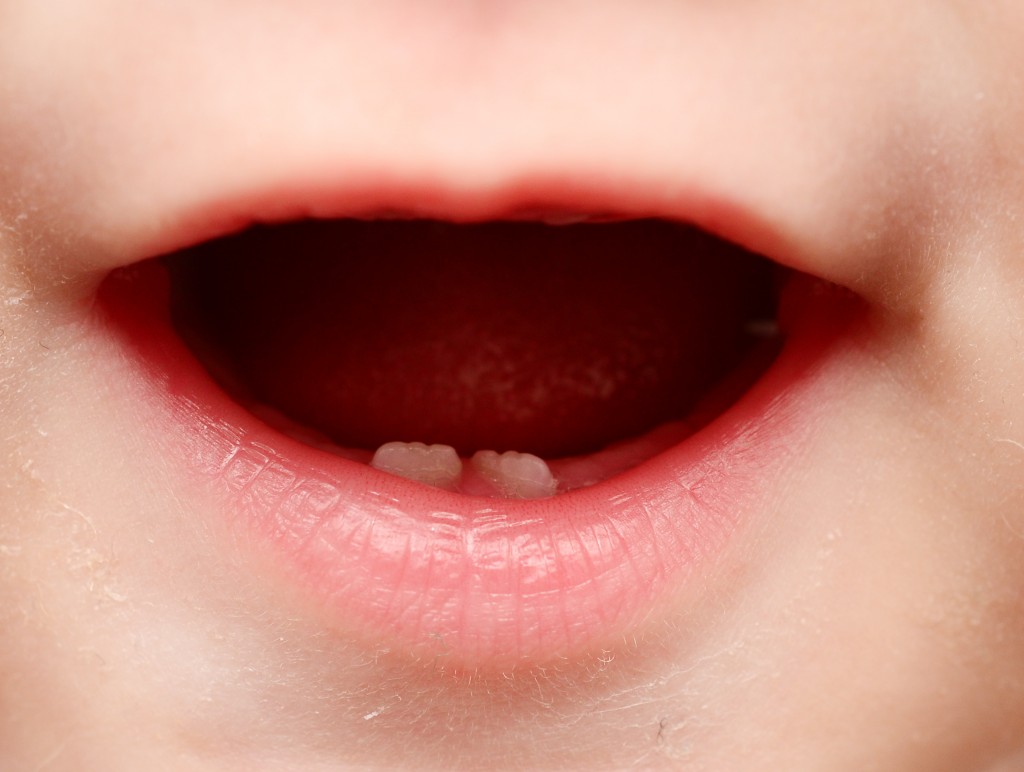Good teeth are one of those things stuff almost every parent is so conscious about. Given that kids are prone to cavities, moms and dads get obsessively controlling when it comes to their kids’ oral health. Interestingly though, most of them don’t care much about baby teeth. The reason is simple: those pearly whites are going to fall out anyway. Why bother, right? But the truth is, you ~should~ bother paying attention to it. Otherwise, your child is never going to get closer to that good teeth goal.
The Importance of Baby Teeth Care
The simple fact about baby teeth is that they can very well affect the health of the incoming ones. When they’re riddled with cavities, the infection can spread to the permanent teeth sitting under, waiting to erupt. Thus, your child may naturally lose the rotten primary teeth, only to be replaced by another decaying batch. At the same time, when they fall out prematurely due to cavities, a kids’ dentist in Utah explains that the neighboring little choppers will move to fill in that gap. Eventually, this will result in overcrowding. Your child will have to wear braces to fix the misalignment. Imagine the extensive dental work they’re going to endure early on in their childhood. Consider the costs all of these entails. Not very wallet-friendly, right?
Beyond the physical health risks though, neglecting care for the baby teeth will also leave your kids unbothered by dental hygiene altogether. Which presents a lot more potential dental problems in the future. Remember, good habits are best taught early on. When kids learn the basics of brushing while they’re still young, they’re most likely to stick to it as they grow up. They’re less likely to throw tantrums when it’s brushing time as they hit school age — they might even grow a deeper sense of responsibility for better hygiene. Truly the best-case scenario for you and your child.

Baby Teeth Care Game Plan
So, how do you care for baby teeth exactly? For one, start very early on. As soon as the first tooth erupts, you should be exercising proper hygiene already. In this case, pat a damp washcloth on your child’s teeth and gums to wipe off any bacteria formed from milk residue. Once the other choppers begin to appear, use an infant toothbrush for cleaning. By the time they hit the age of 2, teach them how to brush themselves. Tell them how to do proper circular strokes, brush angling, and spitting. And then do it yourself. Next, do it alongside them. And finally, let them do it on their own. Praise them for doing a good job. Take them to the dentist for regular dental cleanings.
Aside from brushing hygiene, educate them about food to veer away from. Too much consumption of sugary snacks, gummy candies, and juices can weaken the enamel and make children at risk for cavities. So as much as possible, encourage them to control their sweet tooth. Or if they do eat, they should rinse or brush teeth afterward.
Don’t Ignore Baby Teeth
Baby teeth are just as important as the permanent ones. If you want your child’s oral health to be in its best state, don’t neglect care for these little choppers.
